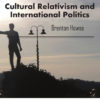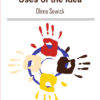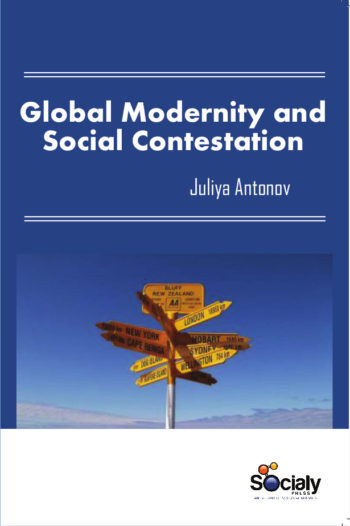The Critical theory was elaborated by a group of professors from the Institute for Social Research, created during the 1920s in the University of Frankfurt in Germany. The Critical theory is supported on the Marxist philosophical base, and it was Marx who in 1843 defined it as the self-clarification to be gained by the present time of its struggles and desires. Critical theory is known for its propensity for criticism, a tradition it arguably owes to predecessors, like Marx and Kant. Social theory represents an expanded set of criticism with the advent of more recent discourses, such as postmodernism and cultural studies. Together, CST is an intellectual form that puts criticism at the center of its knowledge production. Through criticism, CST pushes ideas and frameworks to their limits, usually by highlighting their contradictions. Over the years the goals and tenets of critical theory have been adopted by many social scientists and philosophers who have come after the Frankfurt School. We can recognize critical theory today in many feminist theories and feminist approaches to conducting social science, in critical race theory, cultural theory, in gender and queer theory, and in media theory and media studies.
Critical Social Theory: Culture, Society and Critique reflects on the Critical theory, stemming from the most important philosophical concepts and the modifications it has endured over time. It examines the historical development of theory, research and practice and discusses the gap between the triad. This emphasizes on the contextual analysis of the phenomena and it is a self-critique to prevent dogmatisms and totalitarianisms. It postulates that in order to establish a truth, we must consider the historical conditions within which said truth emerges. Jürgen Habermas, with his Theory of Communicative Action, reorients the original postulates of the Critical theory, making it more coherent from the social point of view, through the Guiding Interests of Knowledge. This book introduces educational practitioners, students, and scholars to the people, concepts, questions, and concerns that make up the field of critical social theory.













